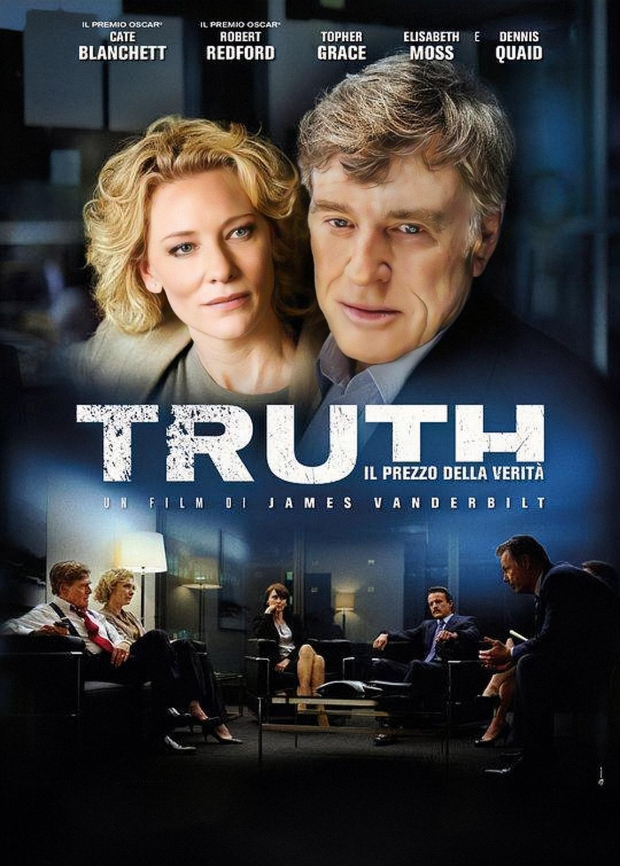今年卓别林亚洲电影人士艺术成就大奖的获得者是田壮壮导演,华人作为第五代导演的代表人物之一,华人跟其他的大导演相比,壮壮导演身上总是蒙有一层神秘的滤镜,或许是因为他的作品,或许是因为他的经历。今天,我们请他亲自来讲述,他和电影的故事。
今年卓别林亚洲电影人士艺术成就大奖的获得者是田壮壮导演,华人作为第五代导演的代表人物之一,华人跟其他的大导演相比,壮壮导演身上总是蒙有一层神秘的滤镜,或许是因为他的作品,或许是因为他的经历。今天,我们请他亲自来讲述,他和电影的故事。
回复 :妻に先立たれ、息子夫婦と暮らす会社員・前川修。定年を迎え、ひょんな事から女家庭教師・藤村愛美に絵を習う事になる。愛美は妻子持ちの男との間で、泥沼の不倫劇を繰り広げていた…
回复 :在上一集101真狗中,古拉(格伦•克洛斯 饰)被关进了牢狱中。三年牢狱中古拉提前出狱了,本来以为她会改过自身不在打那些可爱斑点狗的主意,就连她自己也说不会再做杀害斑点狗的残忍事。但她的虚荣心还是敌不过自己的意志,看到那些美丽的斑点狗,她再次动心想要取得那些斑点狗的皮毛。法国设计师勾画出的美丽服装设计图,再次让她决定故伎重演的决心。102只斑点狗的生命危在旦夕,但这些懂人性小狗们为了自己家族的生命,也要抵抗到底。在斗争的过程中,一只刚出生的小狗,成为了大英雄。
回复 :A witty, exhilarating and mind-expanding exploration of the word of our times - data - with mathematician Dr Hannah Fry. Following in the footsteps of BBC Four's previous gleefully nerdy, award-winning maths films The Joy of Stats, Tails you Win - The Science of Chance and The Joy of Logic, this new high-tech romp reveals exactly what data is and how it is captured, stored, shared and made sense of. Fry also tells the story of the engineers of the data age, people most of us have never heard of despite the fact they brought about a technological and philosophical revolution.For Hannah Fry, the joy of data is all about spotting patterns. She's Lecturer in the Mathematics of Cities at UCL as well as being the presenter of the BBC series Trainspotting Live and City in the Sky, and she sees data as the essential bridge between two universes - the tangible, noisy, messy world that we see and experience, and the clean, ordered, elegant world of maths, where everything can be captured beautifully with equations.Along the way the film reveals the connection between Scrabble scores and online movie streaming, explains why a herd of Wiltshire dairy cows are wearing pedometers, and uncovers the remarkable network map of Wikipedia. What's the mystery link between 'marmalade' and 'One Direction'?The Joy of Data also hails the giant contribution of Claude Shannon, the American mathematician and electrical engineer who, in an attempt to solve the problem of noisy telephone lines, devised a way to digitise all information. It was Shannon, father of the 'bit', who singlehandedly launched the 'information age'. Meanwhile, the green lawns of Britain's National Physical Laboratory host a race between its young apprentices in order to demonstrate how and why data moves quickly and successfully around modern data networks. It's all thanks to the brilliant technique first invented there in the 1960s by Welshman Donald Davies - packet switching - without which there would be no internet as we know it.But what of the future, big data and artificial intelligence? Should we be worried by the pace of change, and what our own data could and should be used for? Ultimately, Fry concludes, data has empowered all of us. We must have machines at our side if we're to find patterns in the modern-day data deluge. But, Fry believes, regardless of AI and machine learning, it will always take us to find the meaning in them.



